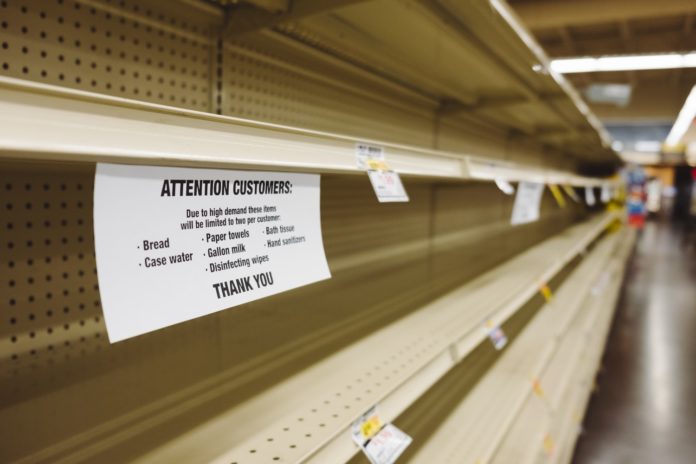An online survey launched in May to gauge the impacts of COVID-19 on the population of BC garnered over 400,000 responses, the results of which have been compiled into an interactive dashboard.
The survey was launched in early May 2020 and ran until May 31, thereby collecting a vast amount of data on how British Columbians were impacted during the first wave of the pandemic.
See also: B.C. launches COVID-19 online survey to help inform future pandemic response
It asked BC residents how the pandemic itself and related public health measures affected their lives, and the results are presented in a more granular way than regular COVID-19 data — by health authority, but also by region, sub-region, and community.
These results embody a variety of factors, including who was most impacted economically and in terms of mental health, and in which geographic areas of the province.
Overall, the data shows that two groups were more disproportionately impacted than others.
Young people between the ages of 18 and 29 years were nearly twice as likely to be out of work, 30 per cent more likely to have trouble meeting financial needs, and 25 per cent more likely to be anticipating a worsening financial situation.
Households with children were more likely to have worsening mental health conditions, get less sleep, increase their alcohol consumption, and report being extremely stressed, than others.
This survey also represented the first time information about the impacts of the pandemic were collected specifically from racial minorities in B.C., other than Indigenous peoples. The First Nations Health Authority say they have been keeping track of how Indigenous peoples are being impacted by the pandemic. The last report from them was made in June.
The results of this survey showed that Latin American/Hispanic and Black people were more likely to be out of work due to COVID-19 than any other group.
The same groups were over three times more likely to be facing housing challenges than their white counterparts.
When it came to food security, every racial minority group reported facing more concerns than white people in BC.
“In public health, we have a responsibility to monitor the effects and unintended consequences of the pandemic on the health and well-being of individuals, families, and communities in B.C.,” said Dr. Réka Gustafson, Vice President of Public Health and Wellness and Deputy Provincial Health Officer, said in a statement.
“This important survey—funded by the BCCDC Foundation for Public Health—is helping us understand more about the pandemic experience of British Columbians and pay particular attention to those who bear a disproportionate burden at this challenging time.”
Gustafson also expressed that she wishes this data had been released sooner, but much of the highlights and takeaway remain the same now that the world is in the throes of the second wave of the pandemic.
“What we knew about COVID-19 — who’s at risk and who is experiencing the burden of the experience of the pandemic — I don’t think that has changed,” she said at a press briefing Friday morning.
“It’s important that we continue that conversation in second wave.”
Kristy Kerr, Executive Director of the BCCDC Foundation for Public Health, which is the organization that funded this survey and ensuing dashboard, added that the organization is seeking more donations to continue collecting this type of data.
This survey represents the largest ever population health survey conducted in Canada.
Data collected through the survey has been used to provide guidance to the BCCDC and inform the guidelines they have released since June.
The results of the survey can be viewed by all through this interactive dashboard.



